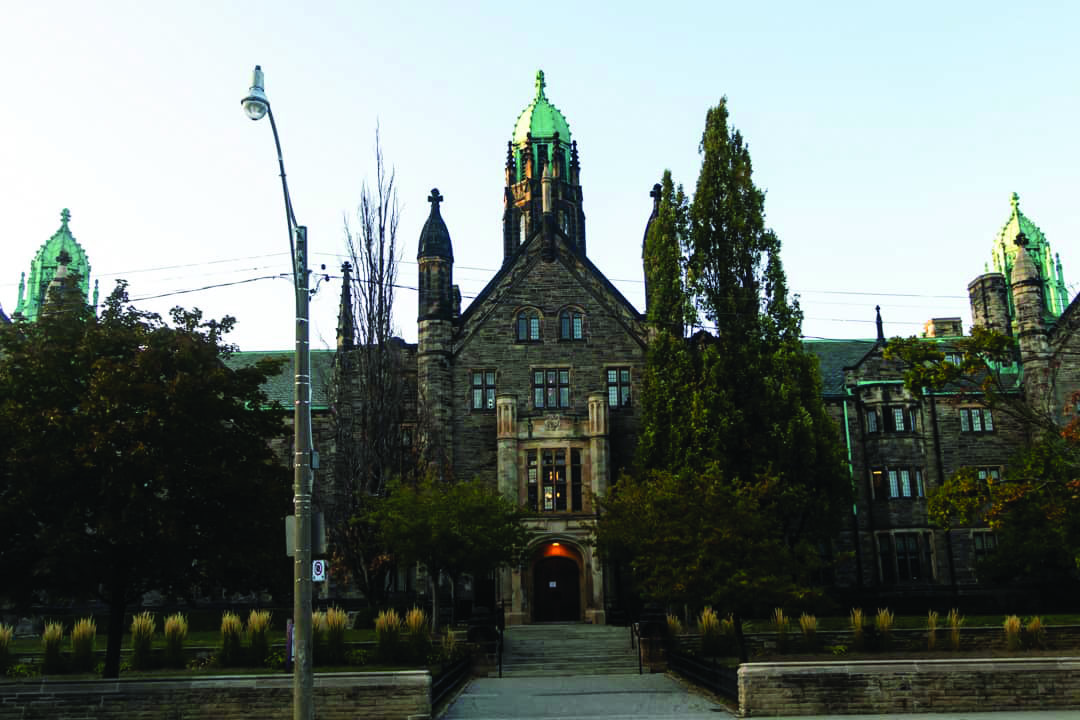Content warning: This article contains mentions of sexual harassment.
Trinity College’s student government, Trinity College Meeting (TCM), gathered online on November 15 for its third meeting of the year. Participating students addressed the recent Andy Orchard sexual harassment scandal, and voted to sign an open letter demanding action from U of T. Members also made proposals for ways to target systemic racism at Trinity College and provide equity training.
Addressing sexual violence
In light of a recent investigation by Al Jazeera into Andy Orchard — a professor at the University of Oxford and the former provost of Trinity College from 2007 to 2013 — a representative from the Trinity College Against Sexual Assault (TASAH) spoke at the meeting and requested that the TCM sign an open letter condemning U of T’s lack of action.
The investigation revealed allegations from former students that Orchard had made sexual and sexist remarks, and pursued sexual relationships with students. An article in the Toronto Star further revealed that students and faculty had submitted complaints to U of T years before the Al Jazeera report.
At the time, the U of T administration responded to these complaints by sending Orchard a letter and reassigning any women students who complained to new thesis advisors. Orchard was promoted to provost after multiple complaints were received against him.
“We… find it really disingenuous for [the university] to act as though this is something that they were not aware [of] decades ago and nothing has been done since,” said Micah Kalisch, president of TASAH.
The open letter calls on the university to release a new public statement and launch a formal investigation into Orchard’s actions while he was at U of T. Additionally, it asks for systemic changes, such as making sexual violence prevention training mandatory for faculty and banning sexual relationships between students and U of T employees. The TCM voted to sign the letter.
Implementing equity policies
Trinity College students have also been reckoning with the college’s history of systemic racism. In 2020, a number of current and former Trinity students of colour made allegations of discrimination against the college.
In response, the TCM voted to approve a constitutional amendment adding two equity representatives to the student capital campaigns committee (SCCC), which controls funds contributed by students. “Something that we found is that many… equity issues that arose could be addressed with some of the funding from the SCCC,” said Sam Parker, the TCM’s chair.
The TCM also passed an electoral amendment mandating that all elected student governance leaders attend one equity training session per semester.
“Equity training does not address the structural inequities within the college or within student governance, but it’s important that we have this as a foundation for students to be able to have the necessary knowledge to take on their positions,” said Alex McLean, the Head of College and former vice-president equity of the University of Toronto Students’ Union, who proposed the amendment.
McLean indicated that members of the college should stay tuned for more updates. “There’s a lot more that’s going to be brought forth to address some of these structural issues that exist within our student governance systems,” they said.


